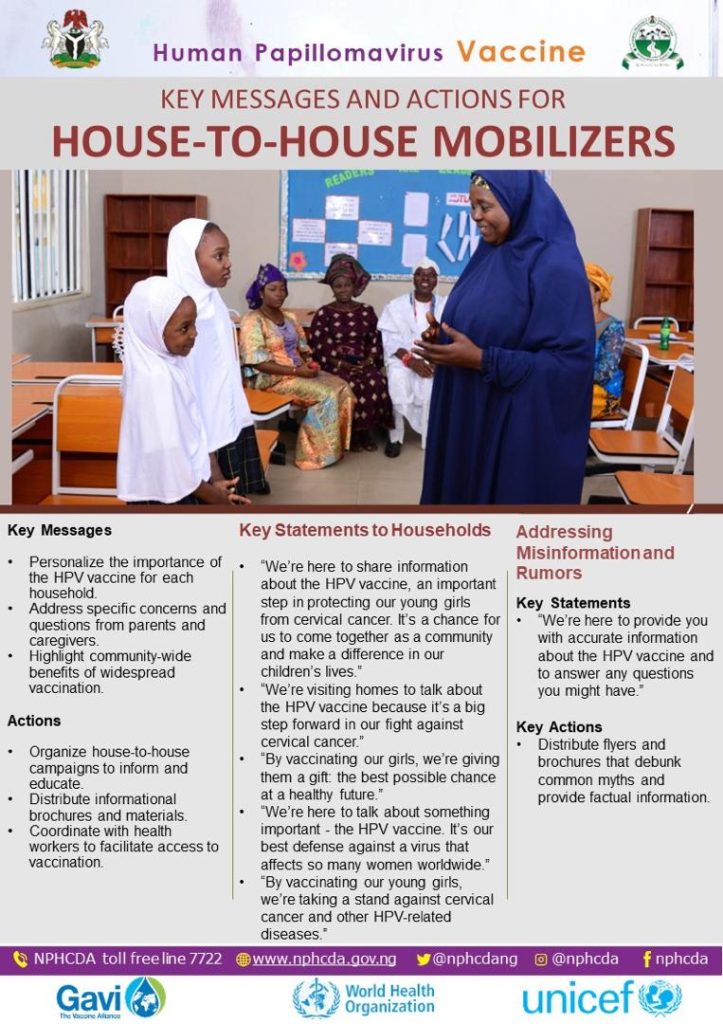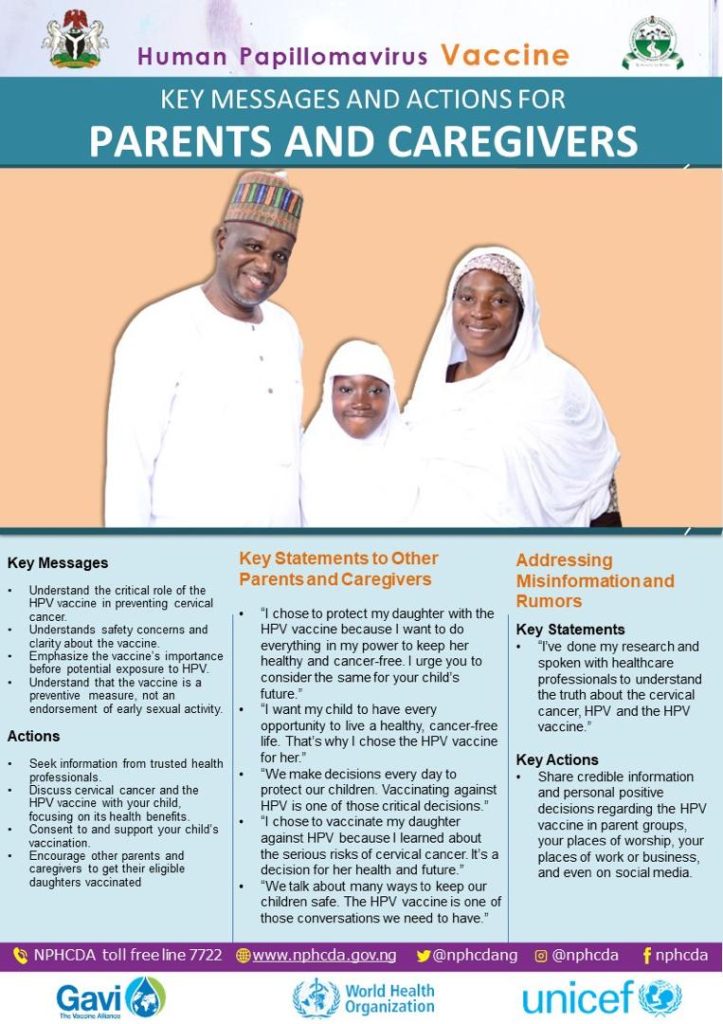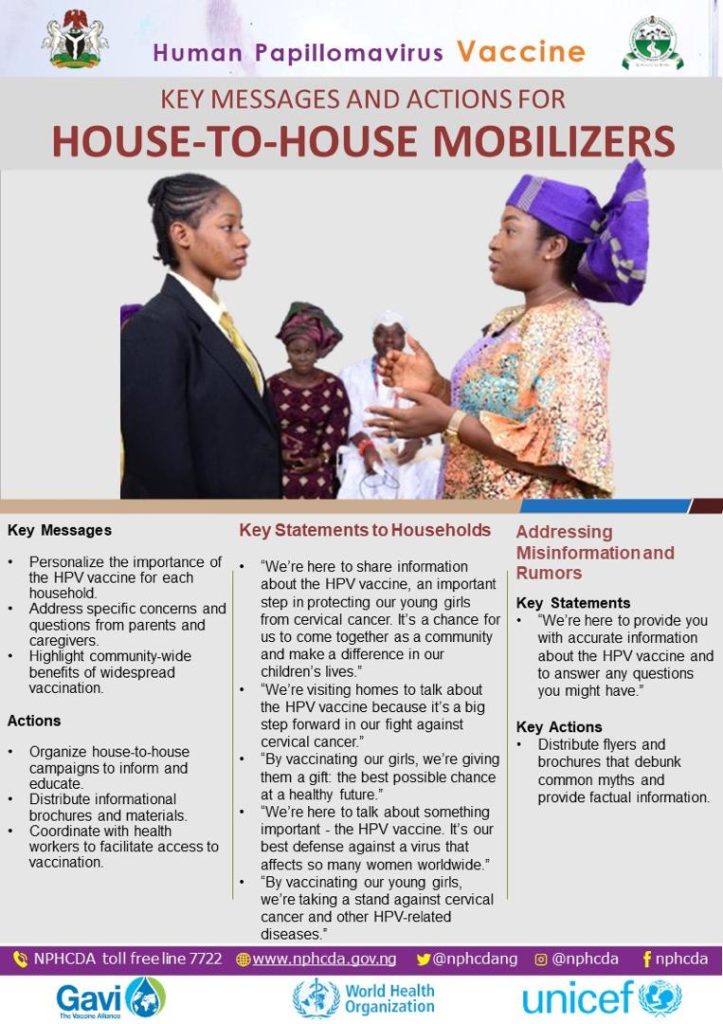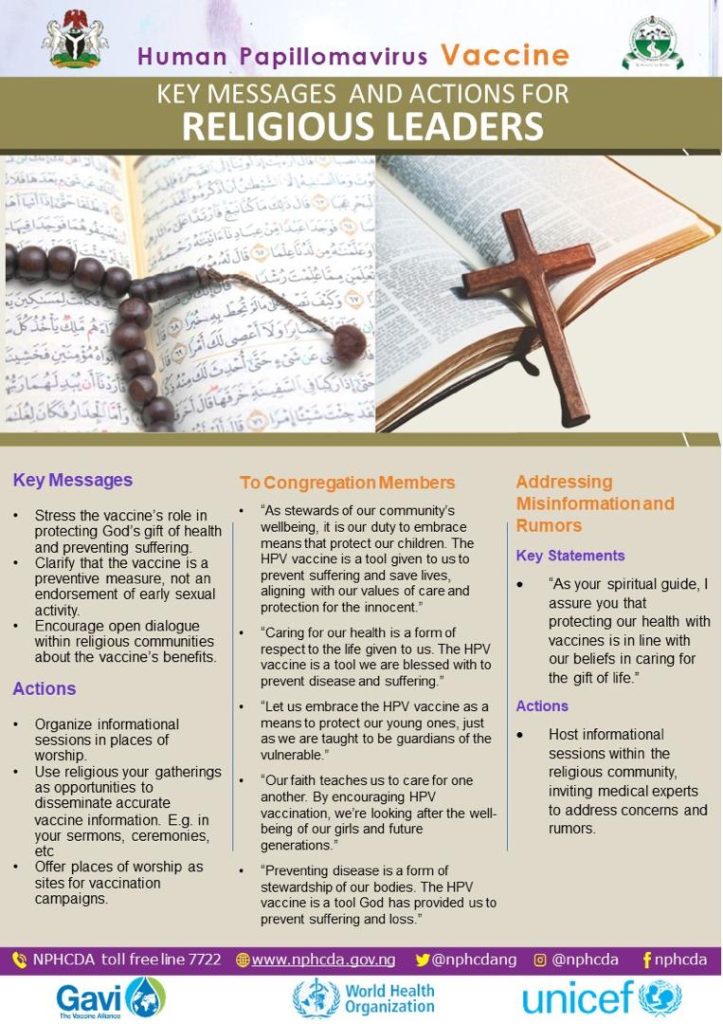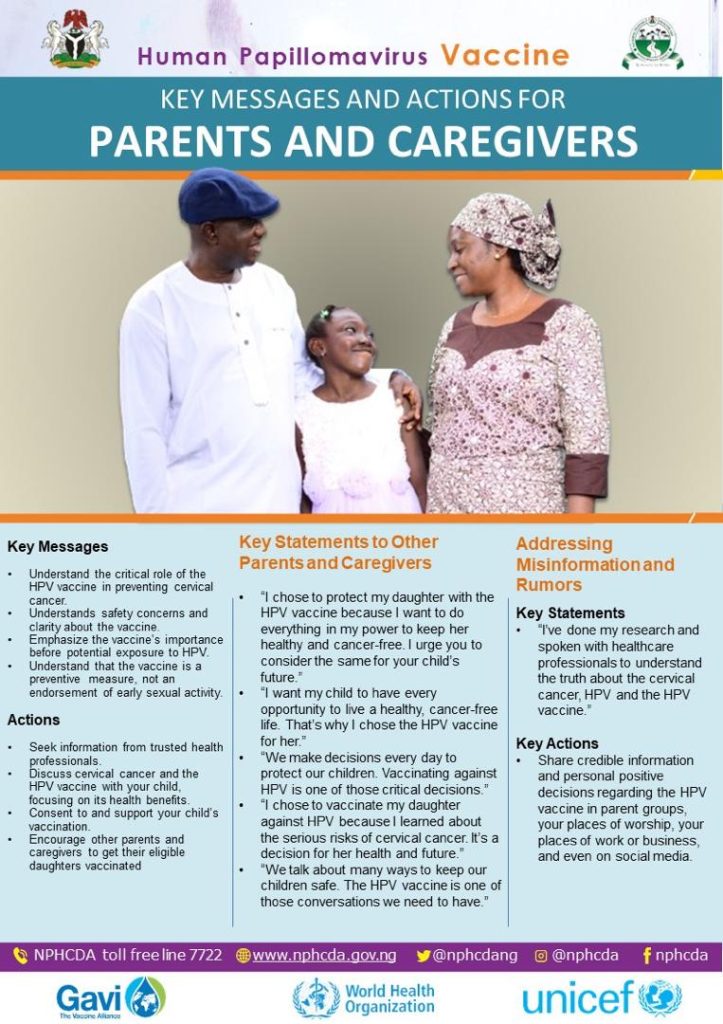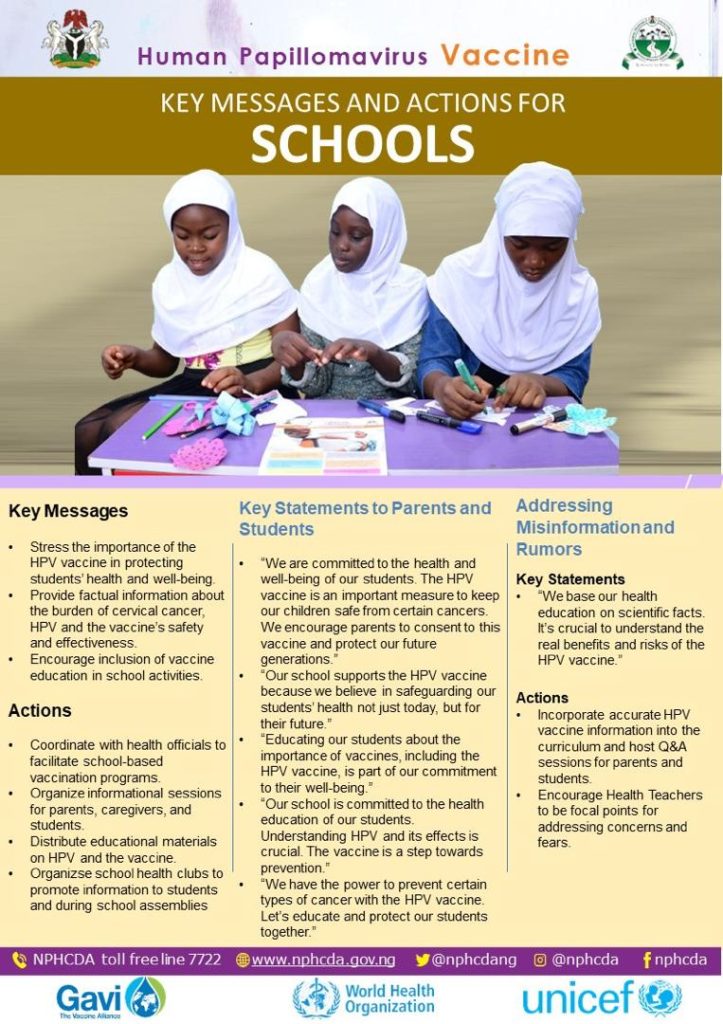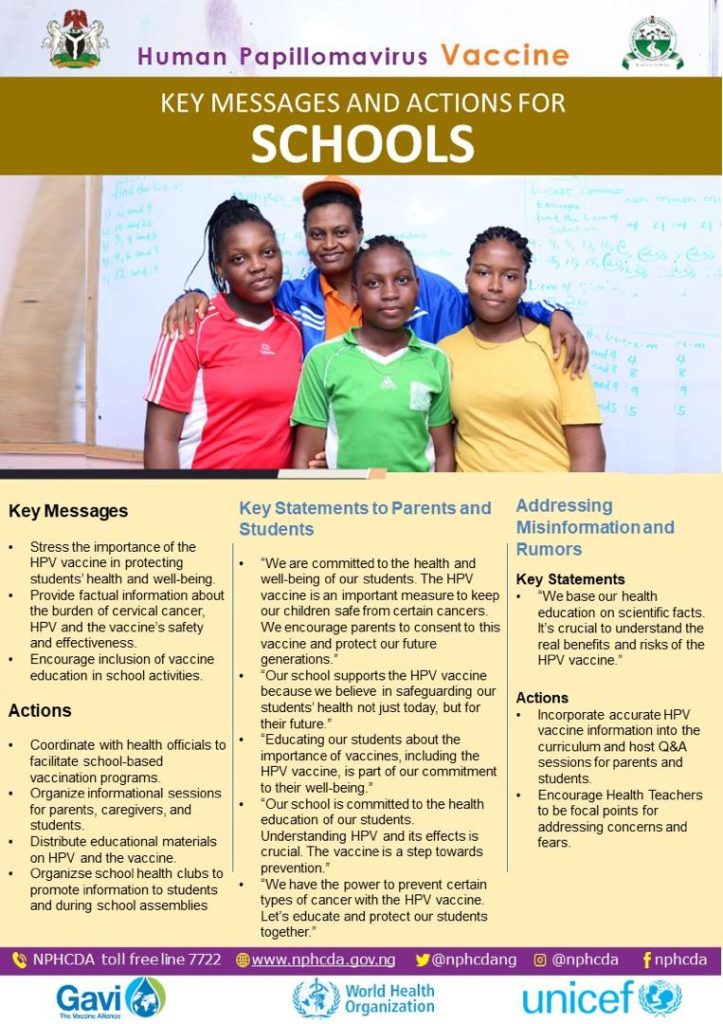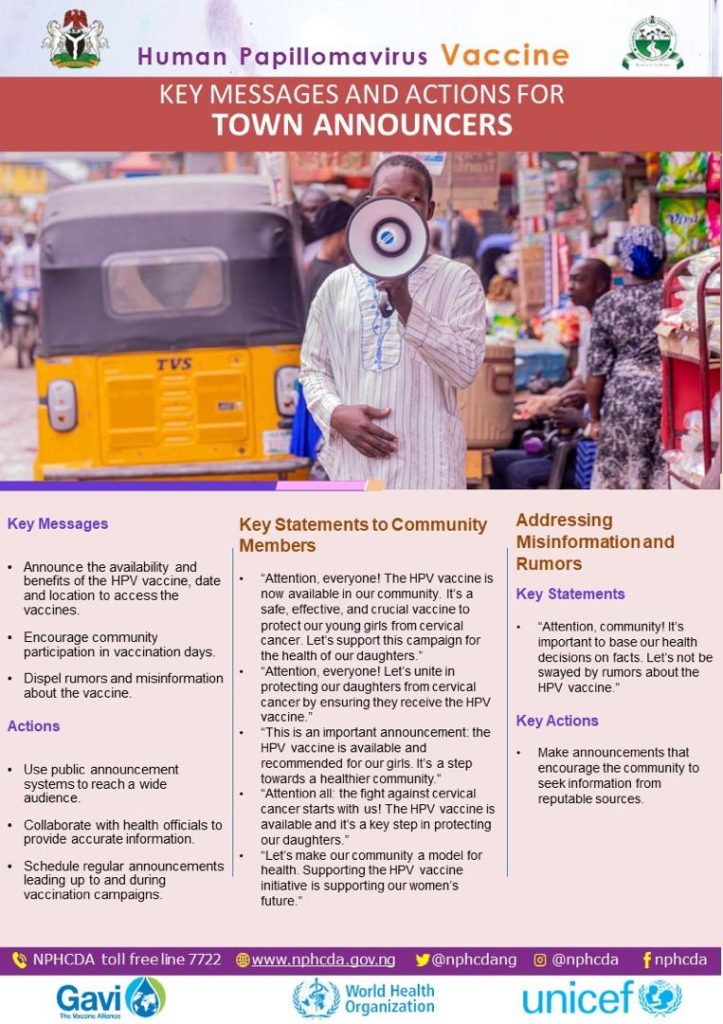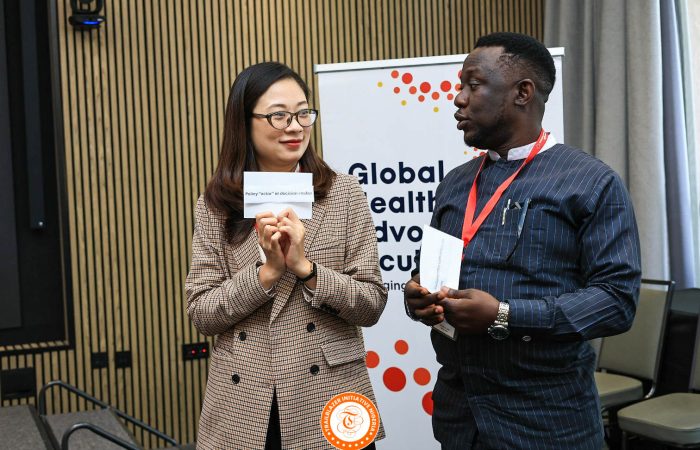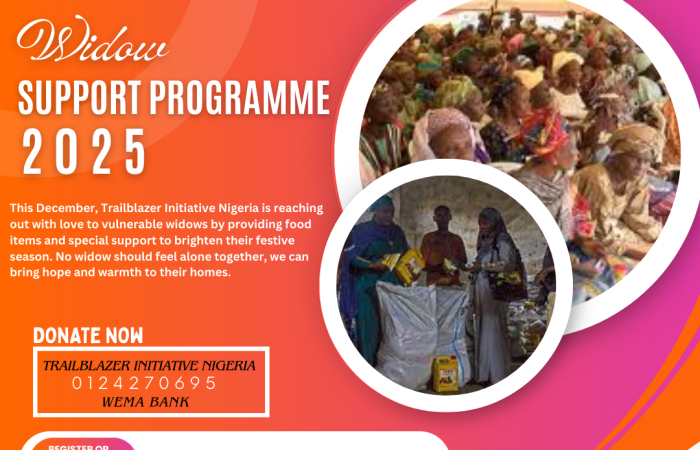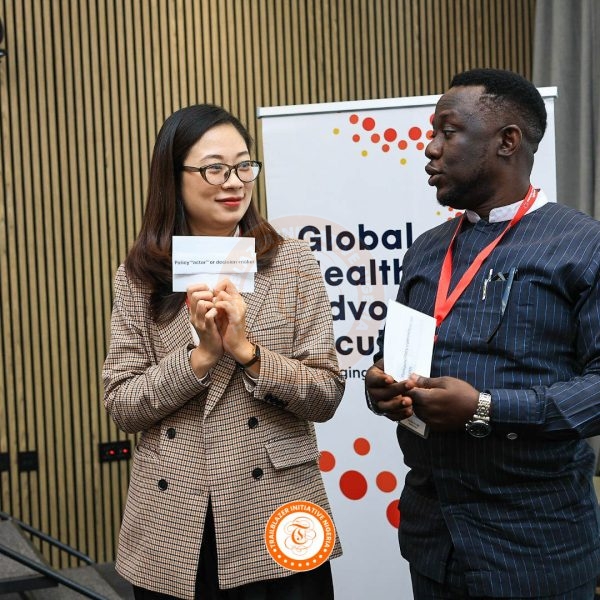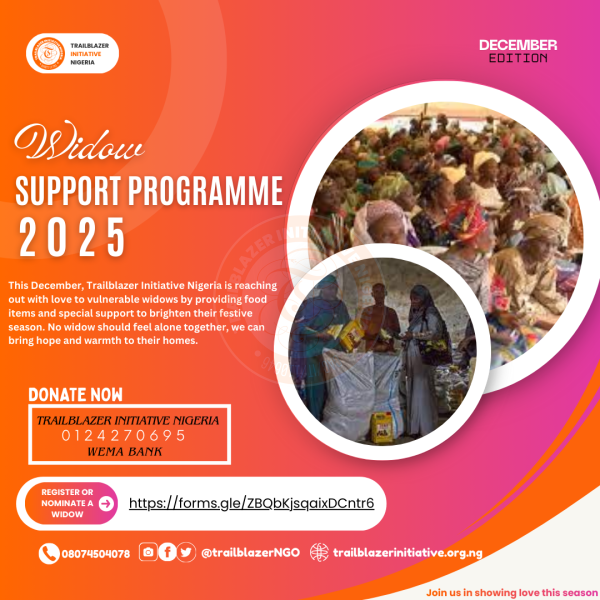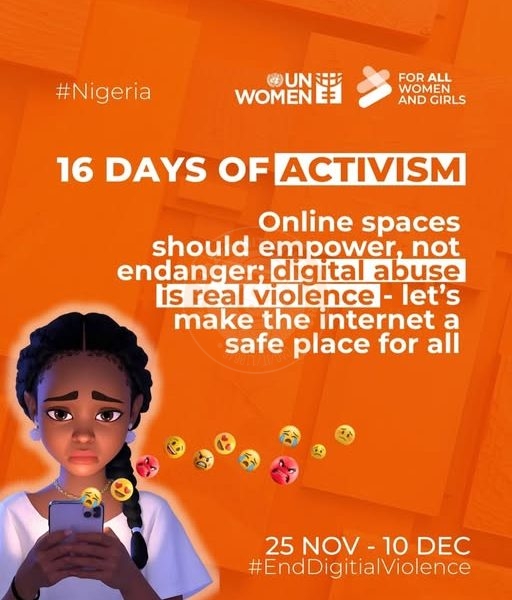What is HPV?
Human papillomavirus (HPV) is a virus. Like all viruses, HPV causes infection by entering cells. Once inside a cell, HPV takes control of the cell’s internal machinery and uses it to make copies of itself. These copies then infect other nearby cells. HPV infection is a slow process. In most people, the immune system clears the body of HPV before it causes disease.
HPV infections can cause genital warts. HPV infections can also cause changes in cells that can lead to cancer over time, including cancer of the cervix.
How common is HPV?
HPV infection is the most common sexually transmitted infection (STI) in the United States. Most people who have sex will get an HPV infection at some point in their lives.
How is genital HPV passed from person to person?
There are about 40 types of HPV that typically infect the genitals. These HPV types are spread by skin-to-skin contact during vaginal, anal, or oral sex. You can get a genital HPV infection even if you do not have sexual intercourse.
What are the symptoms of HPV infection?
HPV infection often has no signs or symptoms. People with HPV infection usually do not know they have it. This is one reason why HPV spreads easily.
How can you protect against HPV infection?
You can protect yourself against HPV infection by getting the HPV vaccine. The vaccine is safe and effective and protects against the HPV types that are the most common cause of genital warts and cancer.
HPV and Cancer
When can HPV infection cause cancer?
The immune system fights most HPV infections and clears them from the body, usually within 2 years. But sometimes HPV infections can last longer. A longer infection with a “high-risk” HPV type can turn into cancer. It usually takes years for this to happen.
What types of HPV infection cause cancer?
There are at least 13 types of HPV linked to cancer of the cervix, anus, vagina, penis, mouth, and throat. Most cases of HPV-related cancer are caused by just two high-risk types of HPV: type 16 and type 18.
How long does it take cervical cancer to develop?
It can take 3 to 7 years for certain changes in the cells on the cervix to become cancer. The purpose of cervical cancer screening is to detect these changes while they are still easily treated.
If you have severe or moderate changes, you can get treatment to have the cells removed from the cervix. The HPV vaccine may be given to help with treatment in some cases (read “The HPV Vaccine After Infection” below). If you have mild changes, you can be tested over time to see if the cells go back to normal.
Preventing Infection With the HPV Vaccine
Is the HPV vaccine safe and effective?
Yes, the HPV vaccine is a safe and effective way to protect yourself against HPV-related diseases.
The HPV vaccine is highly effective when given before a person has sex. The vaccine can reduce the risk of HPV-related genital warts and cancer by up to 99 percent when all recommended shots have been given. It is one of the most effective vaccines you can get.
Millions of people around the world have gotten the HPV vaccine without serious side effects. The vaccine does not contain live viruses, so it cannot cause an HPV infection.
When should people get the HPV vaccine?
Vaccination works best when it is done before a person is sexually active and exposed to HPV. But vaccination can still reduce the risk of getting HPV for people who have already been sexually active.
The ideal age for HPV vaccination of girls and boys is 11 or 12, but anyone can get it starting at age 9 and through age 26.
What if I am older than 26 and want the HPV vaccine?
If you are older than 26, have not been vaccinated, and are at risk of a new HPV infection, you and your health care professional can talk about whether you need the HPV vaccine. The vaccine is approved for people through age 45.
How is the HPV vaccine given?
The HPV vaccine is given as a series of shots:
For those age 9 to 14, two shots of vaccine are recommended. The second shot should be given 6 to 12 months after the first one.
For those age 15 through 26, three shots of vaccine are recommended. The second shot should be given 1 to 2 months after the first one. The third shot should be given 6 months after the first shot.
The three-dose schedule is also recommended for anyone age 27 through 45 who decides to start the vaccine series after talking with their health care professional.
What happens if my child misses a shot?
Children who have not had all of the shots do not have to start over. Your child can get the next shot that is due even if the time between them is longer than recommended.
This is also true for you if you have not completed the number of recommended shots. Talk with your health care professional if you have questions about getting any shots you missed.
What are the side effects of the HPV vaccine?
The most common side effect of the HPV vaccine is soreness and redness where the shot is given. There have been no reports of severe side effects or bad reactions to the vaccine.
Can I get the HPV vaccine if I have already had sex?
Yes. If you have had sex, you may already be infected with one or more types of HPV. But the vaccine may still protect you against HPV types you do not have yet.
Do I still need cervical cancer screening if I have had the HPV vaccine?
Yes, you still need to have regular cervical cancer screening. Talk with your health care professional about when and how often you should be screened.
What does cervical cancer screening involve?
Cervical cancer screening includes the Pap test, an HPV test, or both. Both tests use cells taken from the cervix:
Pap test—This test can detect abnormal changes in cells of the cervix. If testing shows cell changes that could lead to cancer, treatment can be given before cancer develops.
HPV test—This test can identify most of the cancer-causing types of HPV even before there are visible changes in the cervical cells.
You should start having screening at age 21, regardless of when you first start having sex. How often you should have screening and which tests you should have depend on your age and health history. Talk with your health care professional about the screening schedule that is recommended for you.
In addition to the HPV vaccine, how else can I protect myself against HPV infection?
Although the HPV vaccine protects against the most common causes of genital warts and cancer, it does not protect against all HPV types. If you are sexually active, using a condom or dental dam every time you have vaginal, anal, or oral sex can help reduce the risk of HPV infection. Look for condoms and dental dams made of latex or polyurethane.
The HPV Vaccine After Infection
How can the HPV vaccine help with treatment after HPV infection?
HPV infection can lead to changes in the cells on the cervix. These changes are called cervical intraepithelial neoplasia (CIN) or cervical dysplasia. When CIN is moderate or severe (known as CIN 2 or CIN 3), treatment involves removing or destroying the abnormal cells. The HPV vaccine may help prevent abnormal cells from coming back after treatment.
Who may get the HPV vaccine to help with treatment for CIN (cervical dysplasia)?
You may get the HPV vaccine to help with treatment for CIN if the following applies to you:
You are getting treatment for moderate or severe CIN (CIN 2 or CIN 3).
You are age 27 to 45 and have not previously gotten the HPV vaccine.
You have a healthy immune system.
Anyone age 9 to 26 should get the HPV vaccine as usually recommended regardless of whether you are getting treatment for CIN.

